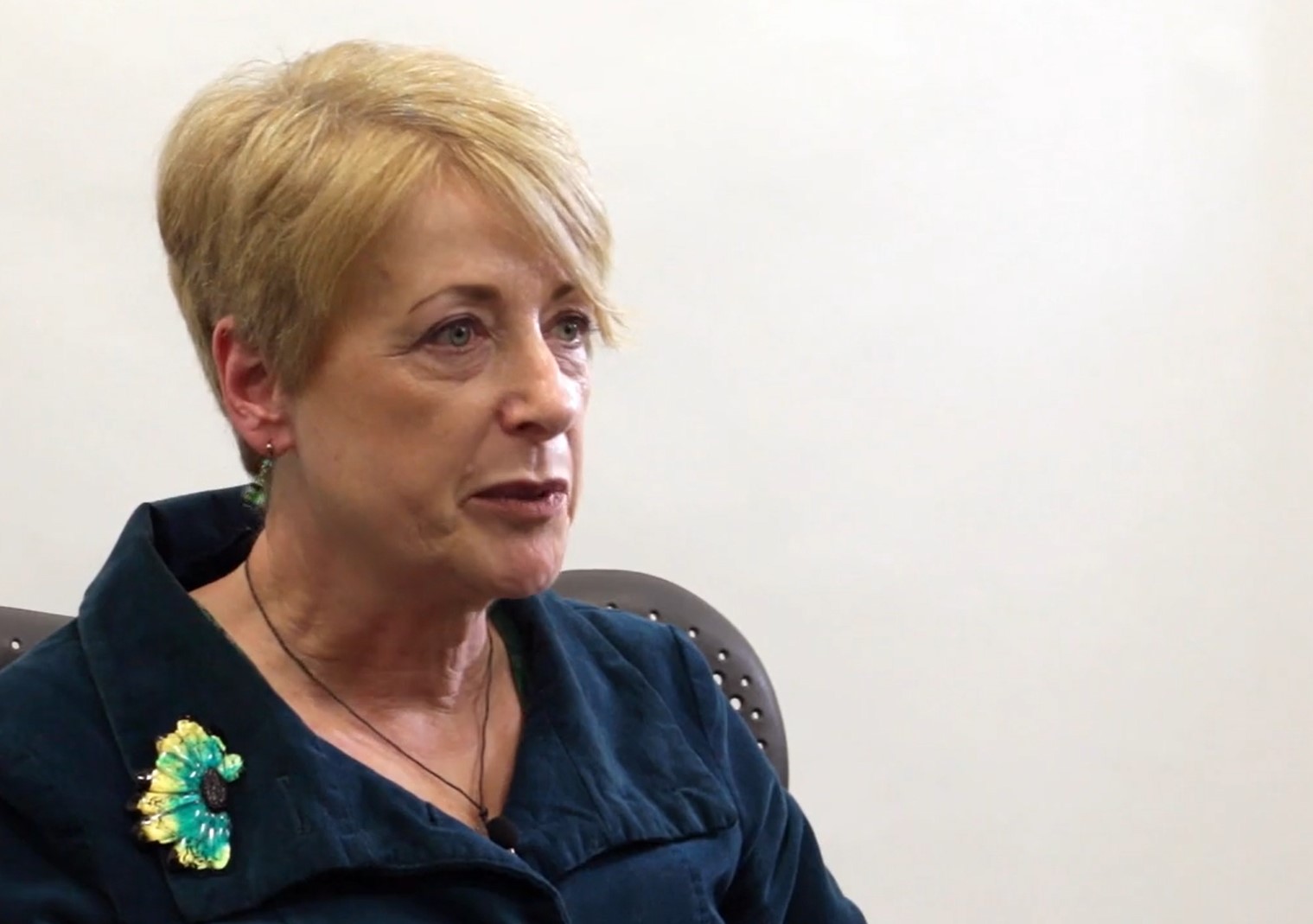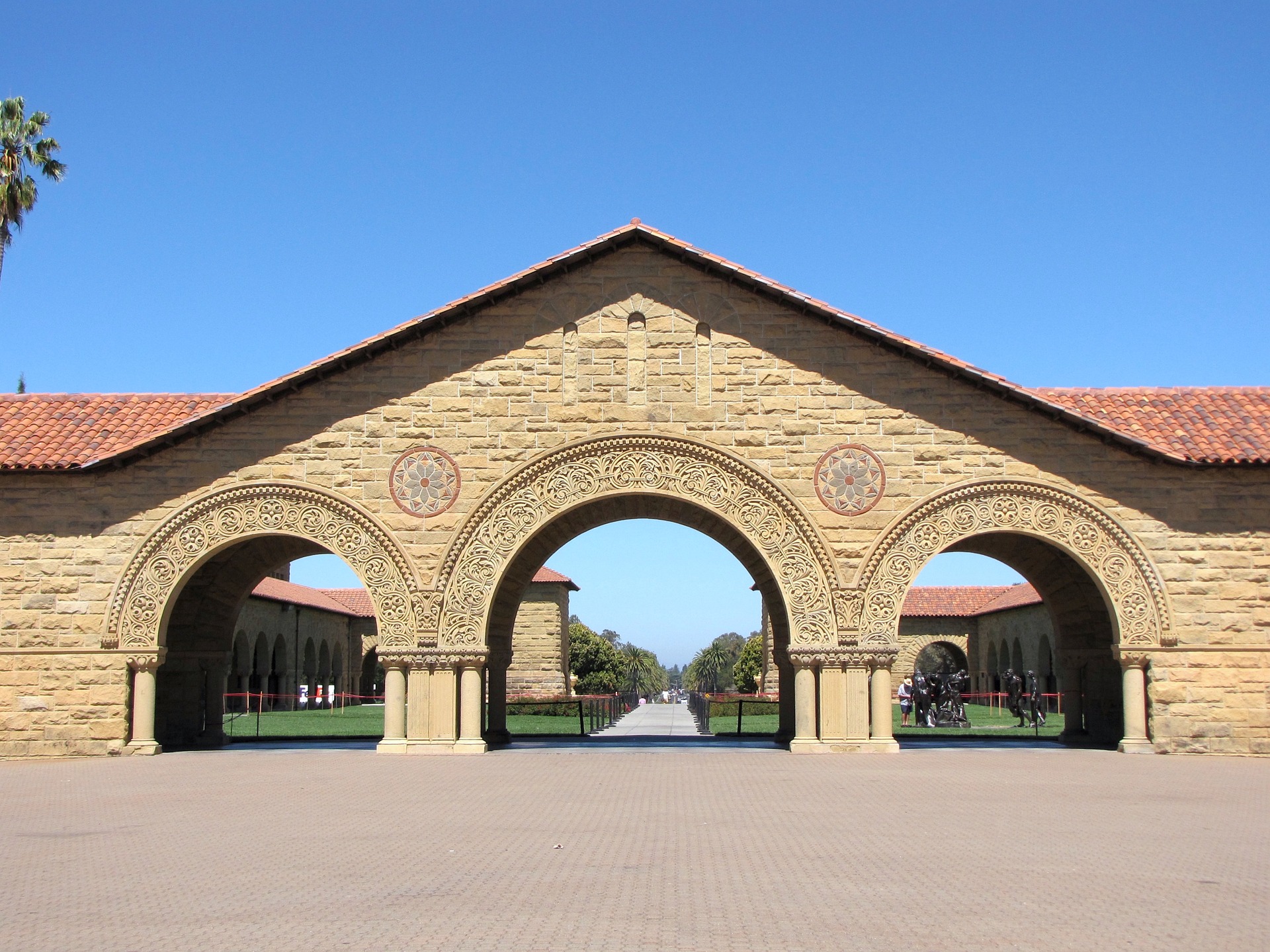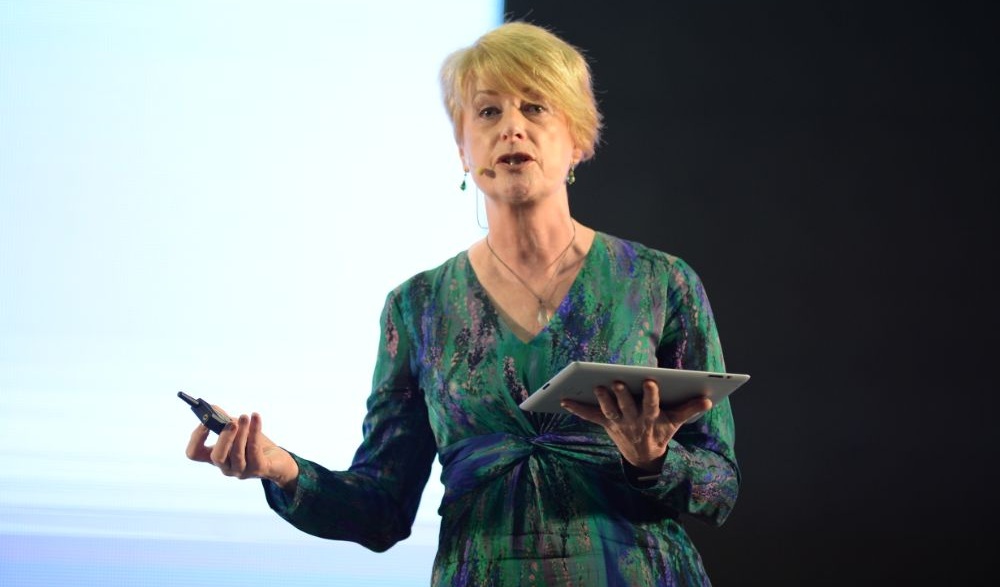Does this technology apply ethics when it comes to deciding who gets a transplant or who receives a loan from the bank and who doesn’t?
Photo: Bigstock
Artificial Intelligence (AI) is present in medical diagnosis, online content moderation, criminal sentencing, and education, and it affects all areas of everyday life so, how come there is little debate on the philosophical and ethical perspectives of AI?
To discuss the implications of AI, Princeton joint efforts between the Center for Information Technology Policy (CITP) and the University Center for Human Values (UCHV) to start the “Dialogues on AI and Ethics”, an interdisciplinary research project that aims to tackle topics like legitimacy, autonomy, diversity, neutrality and accountability.
The program aims to develop reasoning tools and a framework to help engineers, and practitioners make the best technical and legislative decisions as well as unleash AI capabilities in the most advantageous way possible for society.
Moreover, it highlights the interconnecting forces between technology, its administration and society and the influence they have over the use of AI while looking for opportunities for cooperation with existing projects that may or may not be within the academia.
The project is bringing scholars, engineers, policymakers, and ethicists together in a public conference, invitation-only workshops, outreach efforts, and more. So far, it had three workshops, in October 2017, March 2018, and November 2018.
This article from Observatory of the Institute for the Future of Education may be shared under the terms of the license CC BY-NC-SA 4.0 
)
)











)
Paulette Delgado
Paulette Delgado
Paulette Delgado